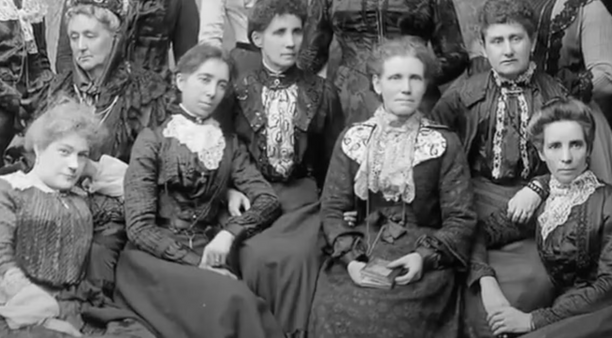
White Womanhood, Sexuality, and Empire
Sita Balani examines the regulation of white women’s sexuality in the British colonies.

Sita Balani examines the regulation of white women’s sexuality in the British colonies.
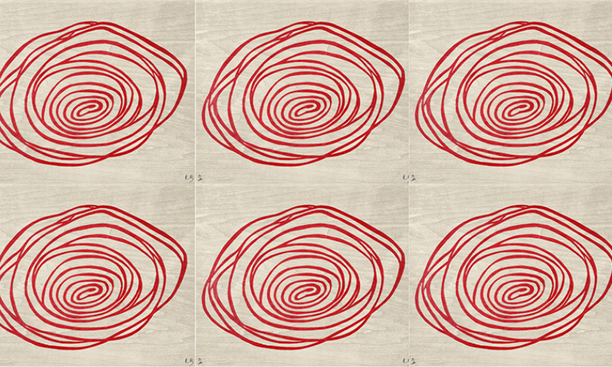
"It is mostly through intimate relationships that we reproduce ourselves emotionally, and that we create our sense of authentic subjectivity. But these relationships are often in themselves a source of pain and frustration." - Alva Gotby
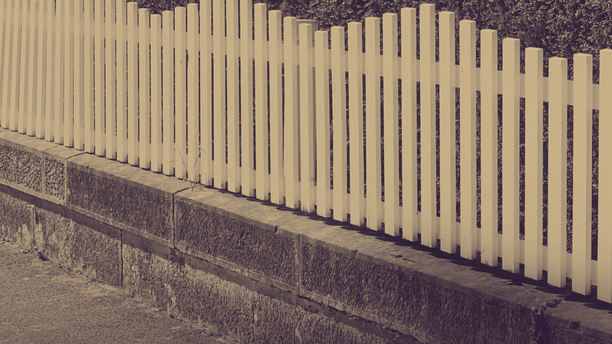
"The home is often not a space of refuge." — Alva Gotby
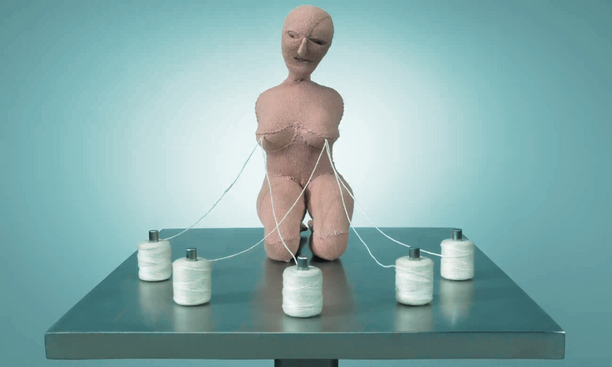
What would it mean to theorise love as a form of labour? How can we think of our emotional dependency on other people in political terms, rather than as expressions of individual and interior subjectivity?
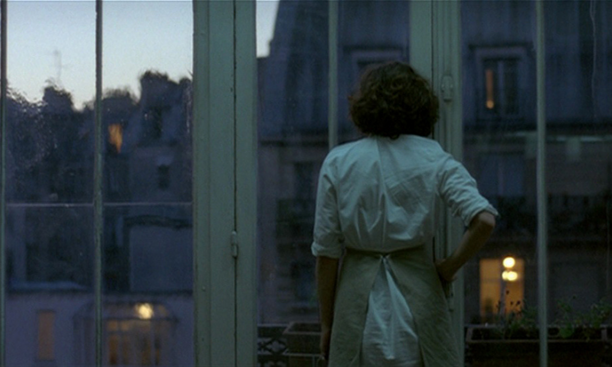
Katherine Angel on the endless negotiations of power within sexual experiences.

“I love you. We get to make up what that storied word means.”
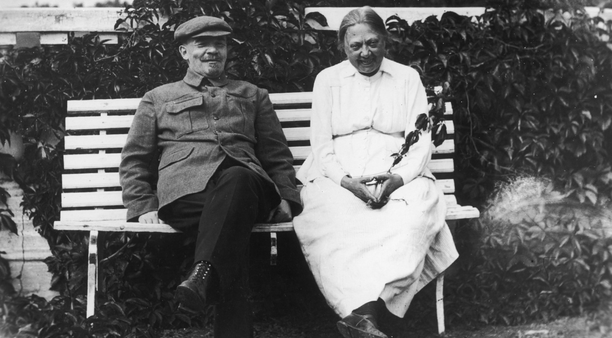

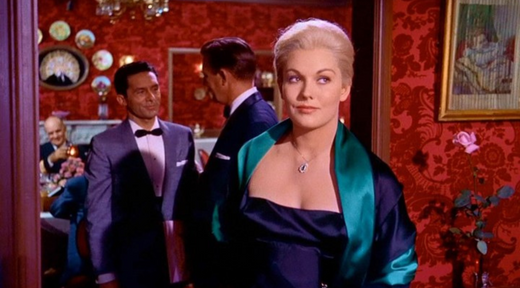
Anna Biller captures the seductively luxurious glamour of a honeymoon in Paris in her gothic novel Bluebeard’s Castle.
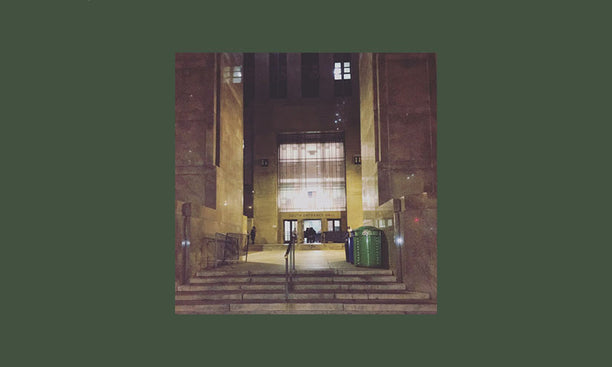
Good sex shouldn't depend on faultless self-knowledge. Katherine Angel puts forward the case for desire's emergent and contextual nature.
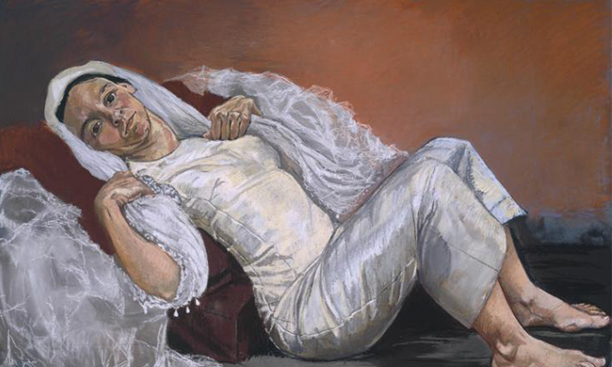
Marie Edwards' powerful feminist manifesto from 1974.

From Charlotte Brontë to Carrie Bradshaw, via Betty Friedan: Leslie Kern on how urban architecture has expanded and constrained women's freedom to live independently and without men.